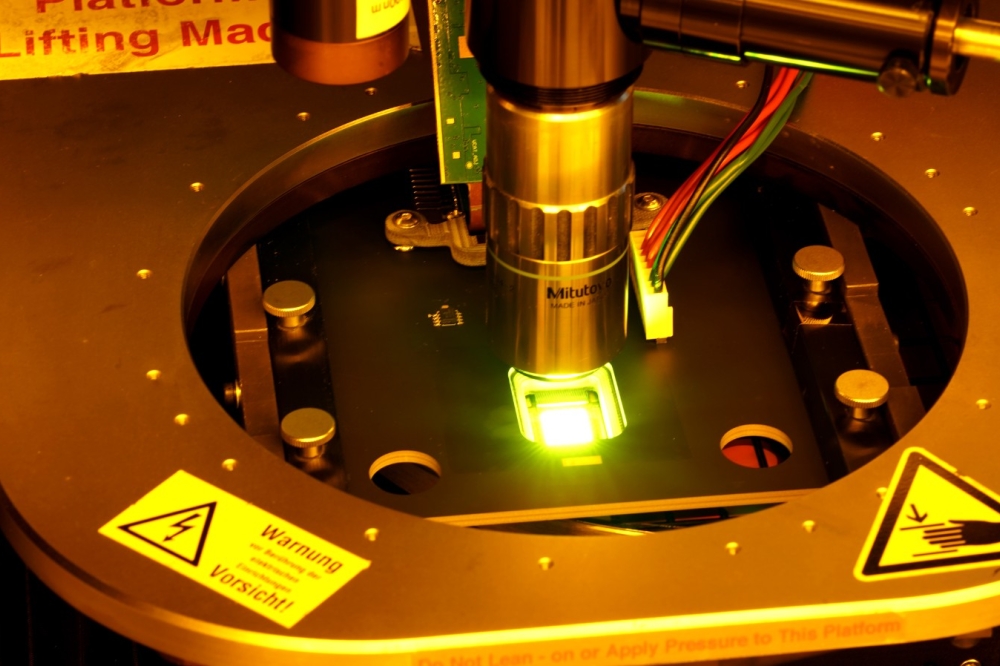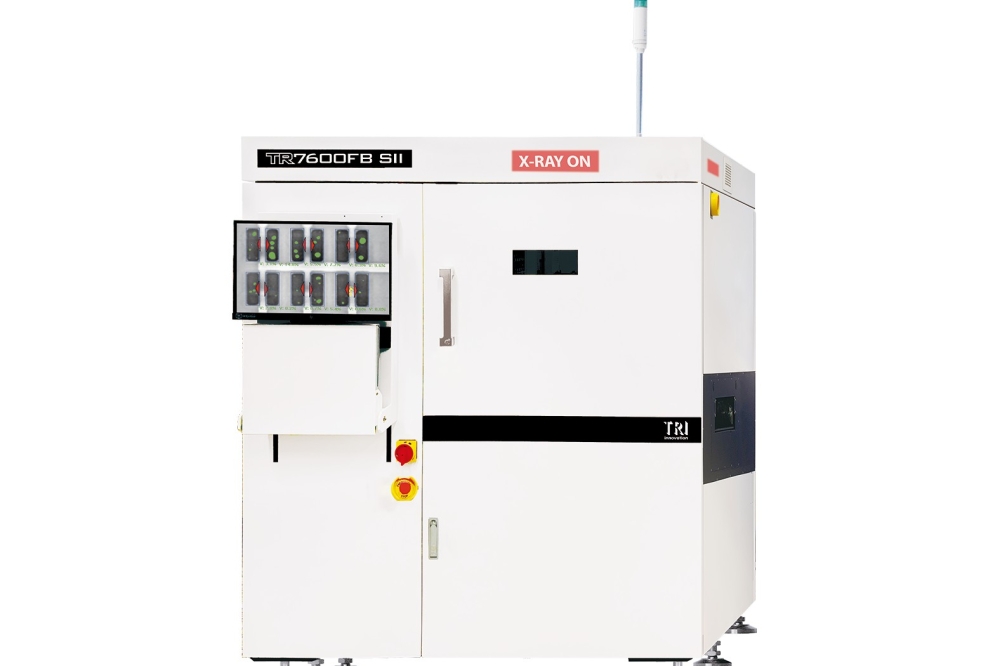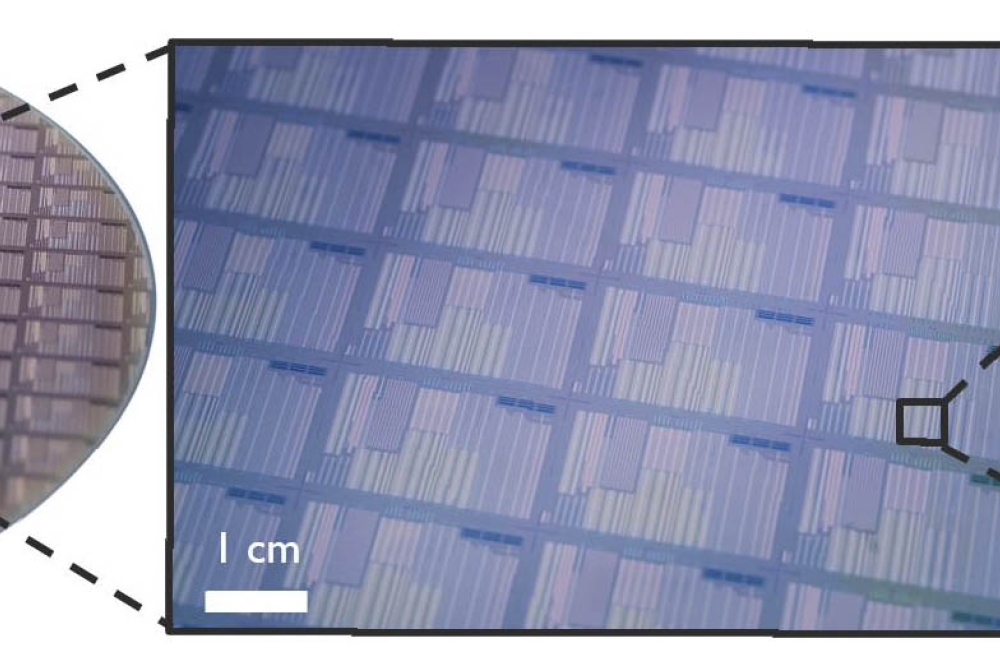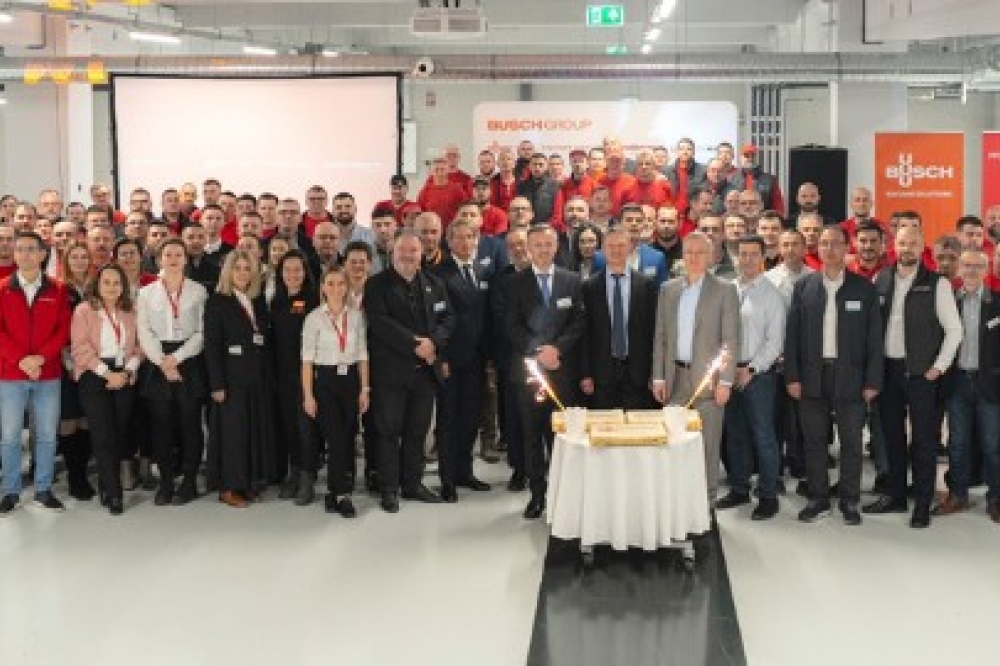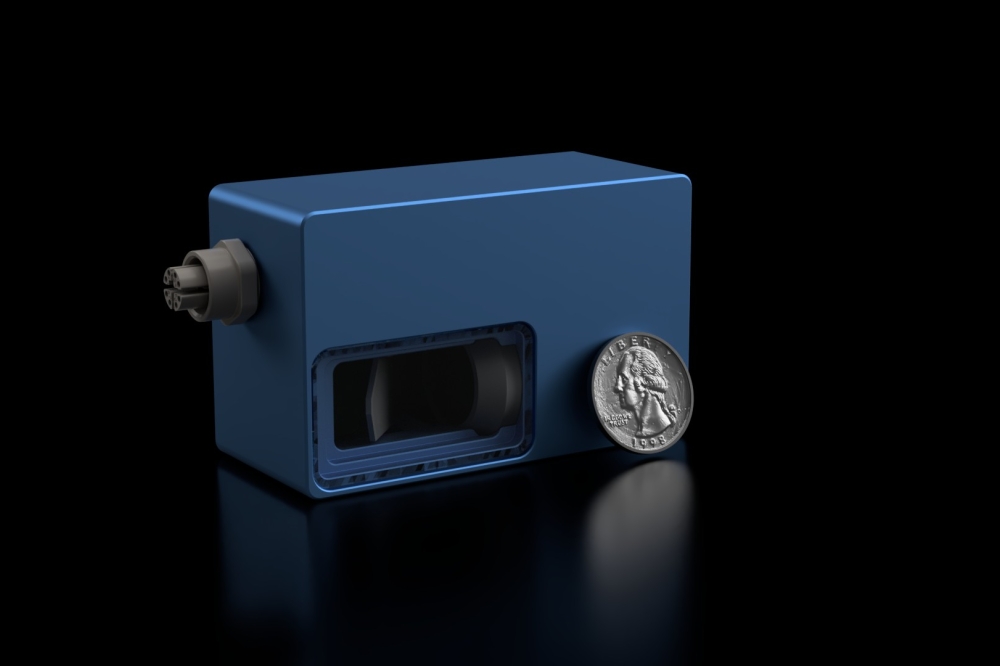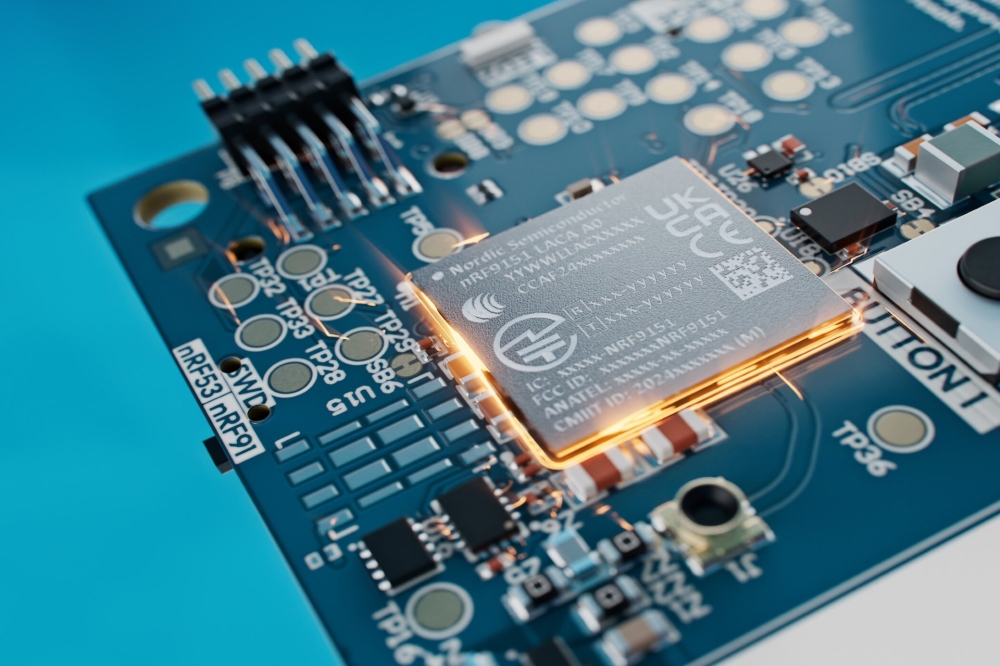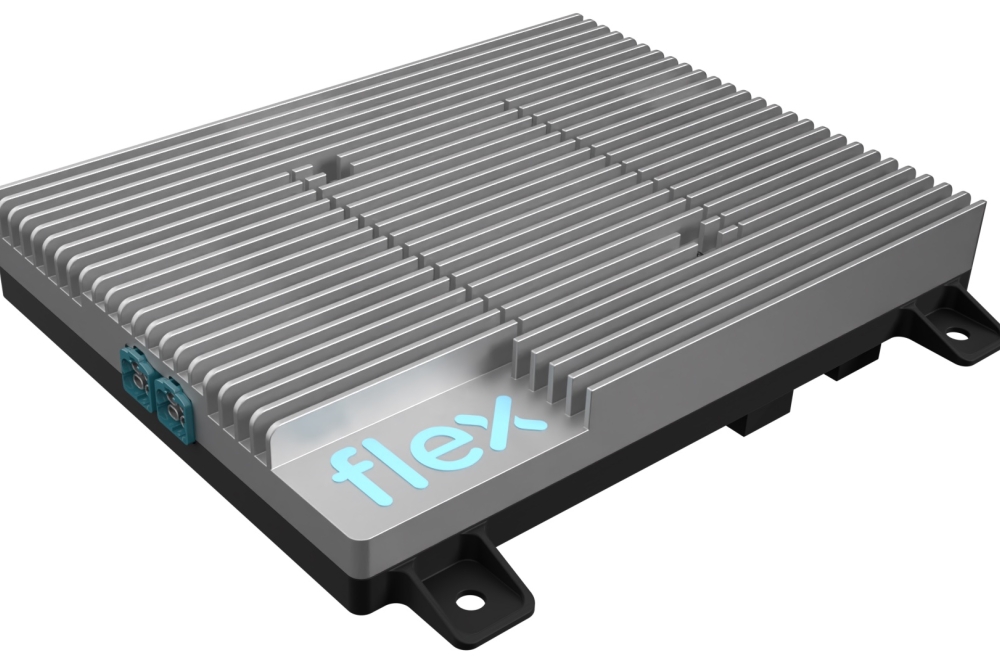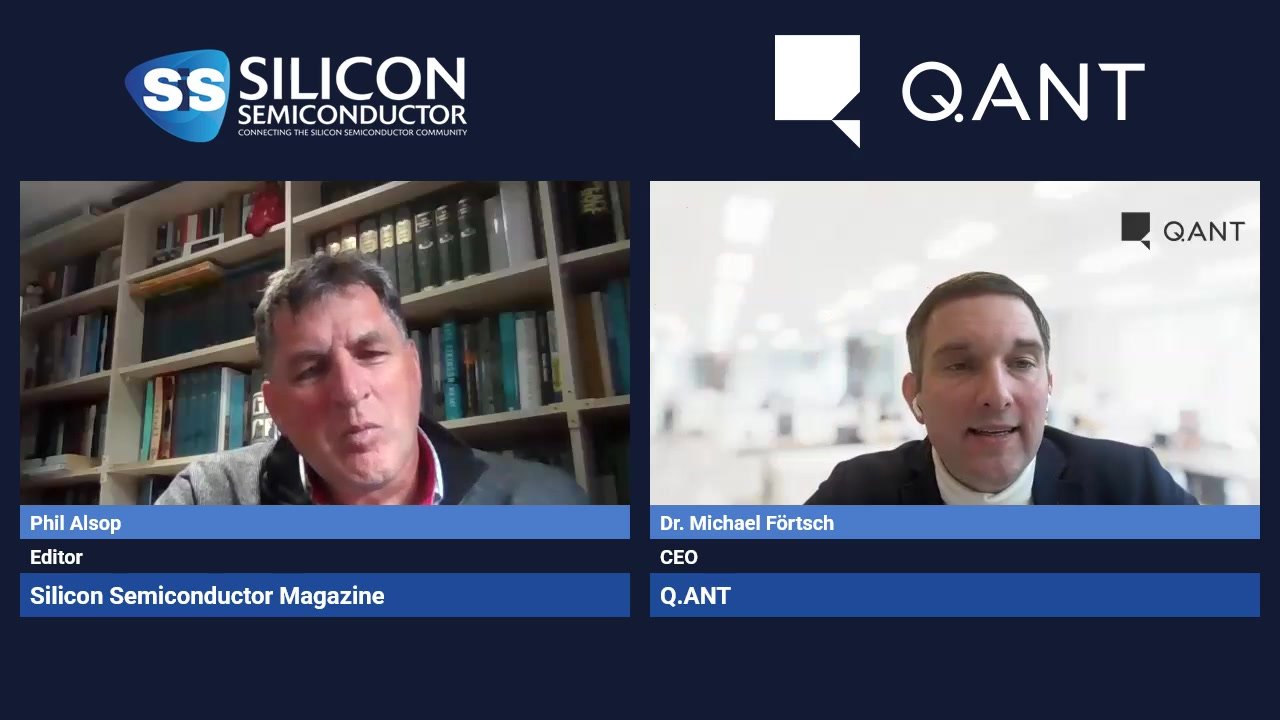Vertical Compute, a new imec spin-off, raises €20 million

New deep-tech semiconductor startup tackling AI’s compute memory bottleneck.
Vertical Compute, founded by CEO Sylvain Dubois (ex-Google) and CTO Sebastien Couet (ex-imec), has successfully closed a seed investment round of €20 million. The round was led by imec.xpand and supported by a strong investor base including Eurazeo, XAnge, Vector Gestion and imec. The funding will support Vertical Compute’s ambition to develop a novel vertical integrated memory and compute technology, unlocking a new generation of AI applications
Unlocking the Future of AI with Verticality
Vertical Compute’s technology will have a transformative impact, enabling next-generation applications with unparalleled efficiency and privacy. By minimizing data movement and bringing large data closer to computation, the innovation ensures energy savings of up to 80%, unlocks hyper-personalized AI solutions, and eliminates the need for remote data transfers, protecting user privacy.
“Memory technologies face limitations in both density and performance scaling, while processor performance continues to surge. The extreme data access requirements of AI workloads exacerbate this challenge, making it imperative to overcome the memory wall to enable the next wave of AI innovations. We believe going Vertical is the path to 100X gains”, says Sébastien Couet, CTO of Vertical Compute.
Tackling the Memory Wall
The rapid advancements in large language models and generative AI are transforming virtually all industries at an unprecedented pace. However, these large-scale AI models still heavily rely on complex cloud infrastructure and high bandwidth memories, leading to data transfer latency, high energy consumption and sending sensitive data to distant servers. Edge computing can address these issues, but inferencing large AI models on smartphones, PCs or smart home devices faces significant cost, power and scalability constraints.
The big underlying problem is the ‘memory wall’. Static Random Access Memory (SRAM), integrated as caches of the CPU or GPU, is fast but very small and expensive. Dynamic Random-Access Memory (DRAM), the main memory of compute systems, is larger but expensive and energy-consuming. The scaling of both memory technologies in density and performance is slowing down while processor speeds and market needs keep increasing, causing a significant bottleneck. This problem is rapidly escalating due to the surging demand for AI workloads, requiring vast amounts of data to be accessed quickly. Overcoming this memory wall is crucial for advancing AI inference
Innovating with Vertical Compute’s Chiplet Technology
Vertical Compute is headquartered in Louvain-La-Neuve (BE), with its main R&D offices in Leuven (BE), Grenoble (FR) and Nice (FR). The company is recruiting an elite team of engineers to support its ambitious R&D goals and accelerate the development and commercialization of its chiplet-based technology.
“We want to recruit the very best from all over Europe, and finally put Europe at the forefront in terms of tech”, adds Sylvain Dubois. "This seed investment round highlights the confidence in the leadership team's capabilities and the disruptive potential of this game-changing technology. We could not be more excited to collaborate with Sylvain, Sebastien and their team and to help them to achieve their ambitious goals”, says Tom Vanhoutte from imec.xpand.
"We are confident that, with the ongoing support of our teams and ecosystem, Vertical Compute can become a disruptor in the semiconductor industry. The strong international investor base shows that we are not alone in this belief”, says Patrick Vandenameele, co-Chief Operating Officer at imec.



